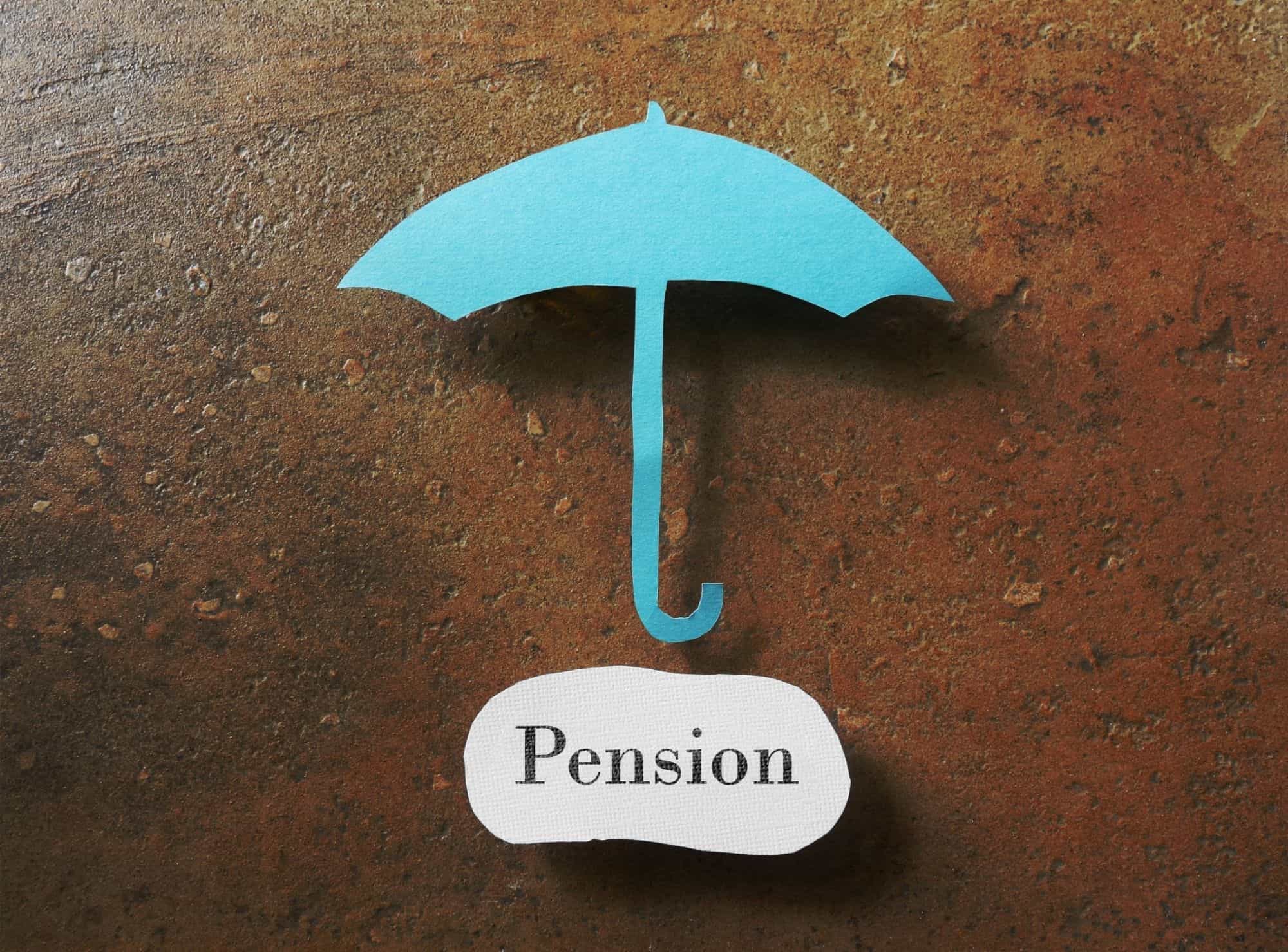I went to a birthday party at the weekend, and the host happened to be a client of mine who has just reached the decree nisi stage of her divorce. I’d been thinking about her beforehand because we had previously discussed her ex-husband’s pensions, yet she still hadn’t applied for a pension sharing order.
Before you start picturing me sucking the life out of parties talking about divorce, let me clarify that I had no intention of discussing this at the party. But we got chatting, and she brought it up.
I said I was surprised that she hadn’t done anything about her financial settlement yet, and she replied that she’d been speaking to friends and that they had advised her that there was no point in bothering about the pensions as it simply wasn’t worth it.
Now we aren’t talking about a meagre personal pension here. These are extremely valuable armed forces and police pensions. I was shocked, although perhaps I shouldn’t have been.
Pension poverty and divorce
You see, recent research from Aviva highlights that thousands are at risk of pension poverty after divorce. Of those interviewed, 15% of divorcees didn’t even realise their pension could be impacted by divorce and more than a third did not claim their former partner’s pension.
Perhaps most worrying and a situation mirrored by my client is that almost 10% of divorcees didn’t even have their own pension savings as they were relying on their partner to finance their retirement. As a result, 20% say they will be, or are significantly worse off in retirement.
A third of divorcees said they had to dip into their savings to supplement their income following a divorce, and 20% have to use credit cards for everyday living expenses. A similar number borrowed from friends and family, and just over 15% regularly sold clothing, toys, and other household items just to make ends meet.
A quarter of divorcees admitted having to go to work, having not worked before the divorce or having to get a second job.
Dividing assets including pensions after divorce
Divorce is one of the most stressful events anyone can go through, and it can be extremely costly, not only in terms of legal fees but in buying or renting a home on your own, getting another vehicle and increased childcare costs. Unsurprisingly, many need to rely on savings or credit cards to support themselves, certainly during the early transitional periods. However, this creates a greater problem if this continues for long periods of time. To avoid this, couples must think about and discuss the distribution of marital assets, including pensions during separation.
In the UK about 15 trillion pounds is held in household wealth, 42% of which is in pensions. It’s very common that one party has a significant pension provision and the other has little or none. Often when starting a family, one spouse takes a step back from their career to focus on bringing up the children while the other goes to work and contributes to a pension pot that will support both of them in the future. When a couple separates, it’s important to agree on how the pension will be divided post-divorce.
How much of your husband’s pension are you entitled to when you divorce?
There is no formula defined by law to calculate how much pension or any other asset you should get. The starting point for a divorce settlement is a 50/50 split of marital assets, but this may not always be the case, especially if children are involved, it was a short marriage or if the majority of the pension or wealth was built up before the marriage.
How do we agree on the financial settlement?
The starting point is to list all of your assets and liabilities. This includes equity in property, savings and investments, pensions and debt such as loans and credit cards. Once you have this visibility, you can start dividing the assets using the 50/50 as a starting point.
Pensions can be shared by way of a pension sharing order (an order is an instruction from the court), or they can be offset against the value of another asset.
Once you have reached an agreement, you should get it made legally binding by way of a court-approved consent order. A consent order makes your agreement legally binding so that neither party can go back on their word. It also has the additional benefit of providing a clean break of all of your other finances so neither party can make a future claim against the other. If pensions are being split, the pension sharing order is the instruction that the pension provider needs to make the transfer.
Free advice for divorce pension settlements
If you’re getting a divorce, it’s crucial to get the right information. We spend a lot of effort creating awareness and teaching our clients and readers about the importance of financial settlements because it has such a significant impact on you and your family’s long term financial health.
If you would like to learn more or discuss your own situation to see what you might be entitled to, call 0204 530 810 or book a free consultation here.


